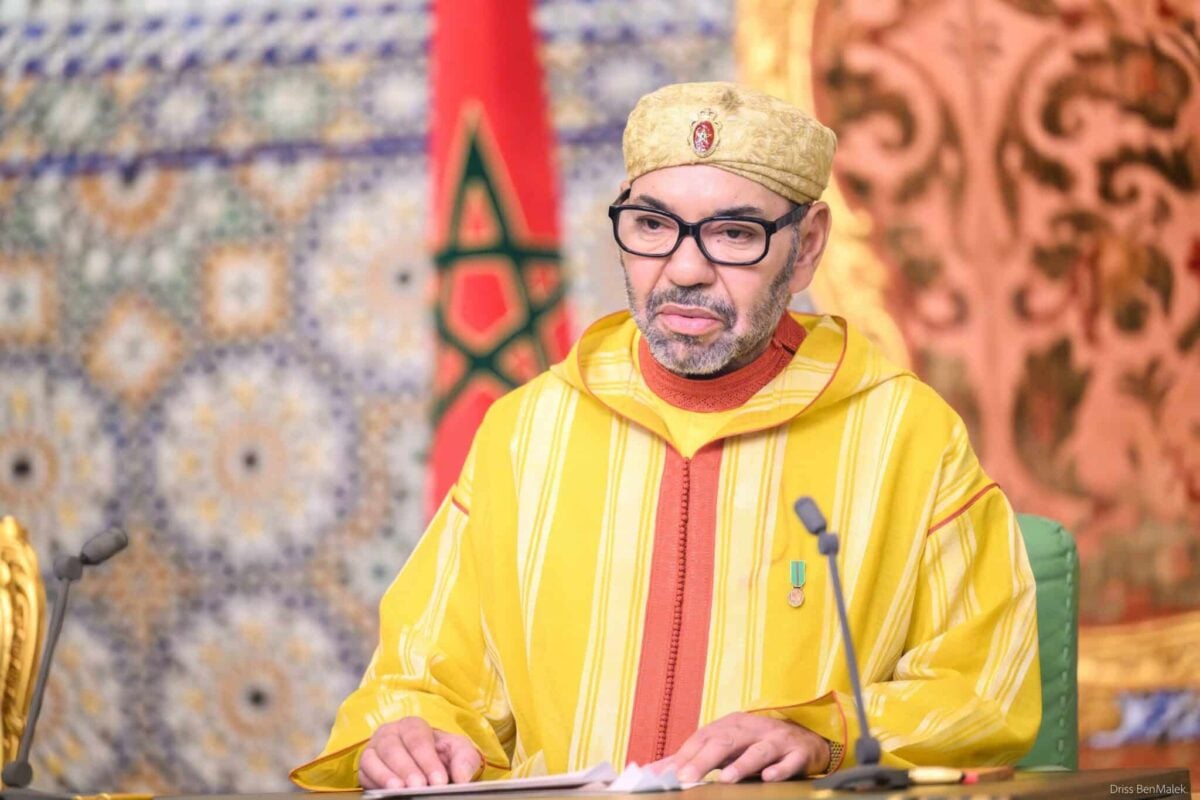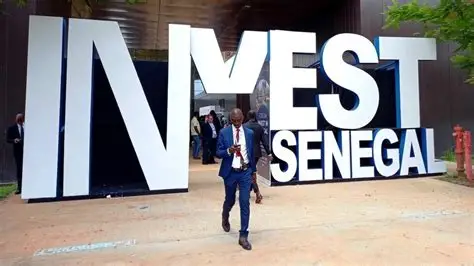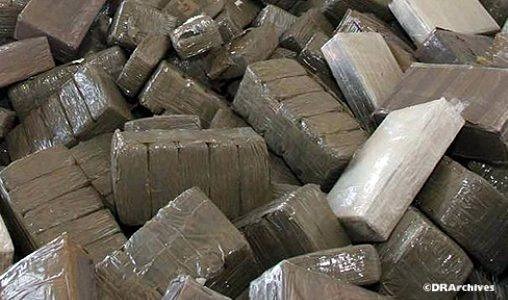The adoption, this Friday, by the United Nations Security Council of a new resolution in favor of Morocco’s Autonomy Initiative for the Sahara marks a major diplomatic breakthrough for the Kingdom.
This success, widely hailed internationally, reflects the continuity of a strategic vision led by His Majesty King Mohammed VI, who, since his accession to the Throne, has embodied a clear, proactive diplomacy grounded in the principles of sovereignty and cooperation.
This diplomatic achievement is no coincidence. It embodies the foundations of a royal diplomacy that is strategic, comprehensive, and transparent, built upon a clear understanding of regional and international developments.
It is strategic because it rests on a long-term vision, consistent with the “monarchical time,” and far removed from short-term reactions.
It is comprehensive because it goes well beyond politics, encompassing economic, cultural, religious, and human dimensions.
And it is clear because it remains firmly rooted in the defense of national sovereignty and the promotion of balanced dialogue with Morocco’s partners.
Under the direct leadership of the Sovereign, Moroccan diplomacy has established itself as a model of openness and pragmatism across the African continent.
Since 1999, more than 50 Royal visits have been conducted to some 30 African countries, resulting in the signing of over 1,000 agreements.
Morocco’s return to the African Union in 2017, the Royal Atlantic Initiative, and the Nigeria–Morocco Gas Pipeline all illustrate this visionary policy.
These initiatives reflect an ambitious and solidarity-based approach that positions the Kingdom at the heart of Africa’s dynamics of security, connectivity, and shared development.
In the Arab world, and under the enlightened leadership of His Majesty the King, Morocco has strengthened its partnerships with its brotherly nations in the Gulf and the Mashreq, while remaining steadfastly committed to the Palestinian cause.
As Chairman of the Al-Quds Committee, the Sovereign continues to work tirelessly for the defense of the legitimate rights of the Palestinian people.
The Kingdom also supports peace and development initiatives across the Arab world, guided by a spirit of moderation, dialogue, and solidarity.
Faithful to a balanced and proactive diplomacy, His Majesty King Mohammed VI has made the diversification of partnerships a strategic pillar of Morocco’s foreign policy.
The Kingdom maintains strong relations with its traditional allies — the United States, France, Spain, and the United Kingdom — all of which firmly support Morocco’s sovereignty over the Sahara.
At the same time, Rabat continues to deepen strategic cooperation with major emerging powers, including China, Russia, and India, thereby consolidating its position as a bridge between North and South, East and West.
On the multilateral stage, Morocco has emerged as a credible and influential actor advocating for a renewed multilateralism rooted in solidarity, inclusiveness, and balance.
The Kingdom plays an active role in the work of the UN Security Council and in defending African and Arab causes, notably through its participation in UN peacekeeping operations, with 2,000 Moroccan peacekeepers deployed in various missions.
Morocco’s leadership is also evident in the promotion of sustainable development, migration governance, climate action, and human rights, alongside its advocacy for a fairer representation of Africa within the Security Council.
The new Security Council resolution reaffirms the legitimacy of Morocco’s sovereignty over its Sahara.
Today, more than 125 countries support Morocco’s Autonomy Plan, while the number of states recognizing the so-called “SADR” has fallen from 70 in 2000 to 25 in 2025.
This growing international momentum is reinforced by the sustained development of the Southern Provinces, where major infrastructure projects and a New Development Model have bolstered prosperity and stability.
By contrast, Algeria and the Polisario separatist movement appear increasingly isolated on the international stage.
Their outdated ideological discourse, inherited from the Cold War, finds little resonance in today’s diplomatic environment, as Morocco’s rising influence reshapes regional dynamics.
The realignments underway in Africa and the Arab world underscore the progressive marginalization of the Algeria–Polisario axis, while the Kingdom consolidates its standing as a credible, stabilizing, and respected power.
Through this historic diplomatic achievement, His Majesty King Mohammed VI once again demonstrates the strength of his personal commitment to national sovereignty and the Kingdom’s global outreach.
Rooted in wisdom, consistency, and foresight, Morocco’s diplomacy under his leadership has become a hallmark of modern statecraft — positioning the Kingdom as an essential actor of stability, cooperation, and shared progress for Africa and the world.
Share Us



